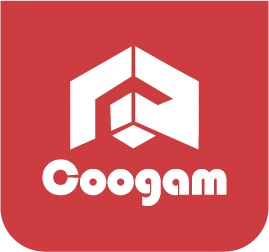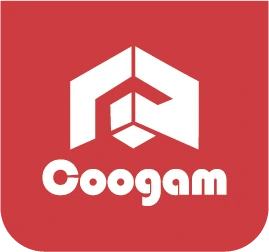Language and literacy development are vital pillars of a child’s education, as strong communication skills open the door to success in every aspect of life. The Montessori method offers a groundbreaking approach to nurturing these essential abilities, with tried-and-true techniques and tools that empower children to dive into the world of language with enthusiasm and purpose.
In this blog post, we’ll explore the foundational principles of Montessori language instruction and uncover how this method fosters a lifelong love of reading, writing, and self-expression. By focusing on multi-sensory learning, the Montessori approach equips children with the skills they need to develop phonemic awareness, oral communication, and comprehension at a young age.
The Montessori Philosophy in Language Development
Montessori education emphasizes the natural curiosity and individual potential of every child. This philosophy encourages students to learn at their own pace, fostering a deep connection with language and communication. Below are the key principles that shape Montessori’s transformative approach:
1. Multi-Sensory Learning
Montessori tools engage multiple senses—sight, touch, and sound—creating a rich learning experience. For example, tracing sandpaper letters allows children to feel the shape of letters while simultaneously seeing and hearing them, reinforcing their understanding.
Coogam’s Wooden Letters Practicing Board embodies this principle. Its tactile grooves guide children’s fingers as they trace letters, building their muscle memory for writing while strengthening recognition of uppercase and lowercase letters.
2. Individualized Progress
Montessori education acknowledges that each child learns at their own pace. Teachers adapt lessons to suit the developmental stage of the student, ensuring they feel supported and confident.
The Magnetic Letters Practicing Board is perfect for independent learning. Children can practice tracing letters with a magnetic pen, fostering self-confidence and reinforcing writing skills without pressure. Its mess-free design makes it an ideal tool for children to explore their abilities in a stress-free environment.
3. A Prepared Environment
A Montessori classroom is meticulously arranged to inspire curiosity and exploration. Language tools, such as movable alphabets, are displayed in an inviting way, encouraging children to engage with them naturally.
At home, the Dinosaur Matching Letters Fine Motor Toy transforms your learning space into a playful environment. Kids match dinosaur eggs with letters, promoting letter recognition while enhancing hand-eye coordination. Its playful design captivates young learners, making language exploration exciting and fun.
REAL-LIFE SUCCESS STORIES
The effectiveness of the Montessori approach to early literacy is evident in the success stories of children who have thrived in this learning environment. Here are a few examples of how parents have witnessed their children’s language skills flourish through Montessori methods:
Sarah and Lily
Sarah introduced Montessori word association games into her daughter Lily’s evening routine. They played games with magnetic letters, creating words and telling stories together. Over time, Sarah noticed Lily’s vocabulary expanding significantly. Lily began making up her own silly stories using new words she learned, and her enthusiasm for reading grew.
James and Ethan
James incorporated puppet shows into family time, giving each character a distinct voice and personality. His son Ethan loved the puppet shows and started creating his own stories. This activity improved Ethan’s storytelling skills and boosted his confidence in using new words.

Tips for Parents Using Montessori Language Tools
- Start with Sounds: Introduce letters by their phonetic sounds rather than their names to align with Montessori's focus on phonics.
- Engage All Senses: Encourage children to see, touch, and hear letters to reinforce their understanding.
- Create a Learning Routine: Dedicate regular, unstructured time for your child to explore language tools at their own pace.
- Celebrate Achievements: Acknowledge your child’s progress to boost their confidence and motivation.
A Bright Future Through Language and Literacy
Parents and educators alike can benefit from incorporating Montessori principles into their literacy activities, fostering a lifelong love for reading and writing in children. Explore our selection of Montessori language toys and resources to support your child’s journey of discovery and learning, and watch as they unlock the power of words.
Discover the joy of learning with Coogam’s Montessori-inspired products and watch your child unlock their potential, one letter at a time.





























